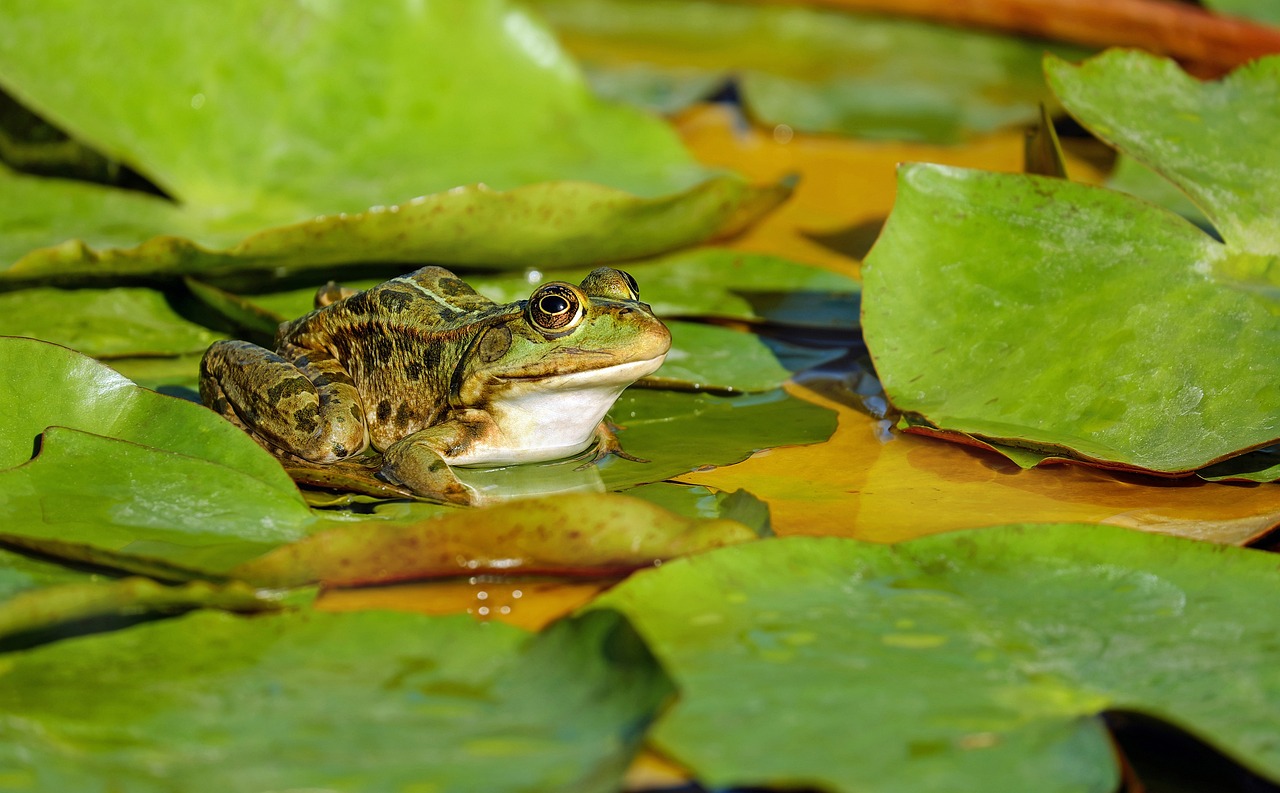
A blow to biodiversity in Latin America
Figures leave the region in a bad light in terms of the survival of species. The topic will be discussed at world environmental summit to be held in December.
Some of the most frightening data, recently published by BBC Mundo, reveals 94% drop in vertebrate populations in Latin America.
The data is part of the recent Living Planet Report, carried out every two years by the World Wildlife Fund (WWF) and the London Zoo. In global terms, there is a significant reduction of wildlife in all corners of the world, but the most worrisome is recorded in Latin America and the Caribbean.
The analysis took into account 32,000 populations corresponding to 5,320 vertebrate species. One of the conclusions is that populations were reduced by 69% between 1970 and 2018. In, undoubtedly, a sample of what happens in nature.
This was clarified to BBC Mundo by Luis Germán Naranjo, director of Conservation and Governance of WWF in Colombia.
"Only birds, for example, in the whole world there are about 11,000 species. If we add amphibians, fish, mammals and reptiles, we are talking about more than 100,000 species," he said.
RELATED CONTENT
In the case of Latin America, deforestation of the Amazon is one of the factors that weighs most heavily on biodiversity. It is known that at least 17% of its basin has been deforested. Other reasons, such as the expansion of the agricultural and livestock frontier, add to the seriousness of the situation.
In this regard, Naranjo points out that "the situation of amphibians is really serious, particularly in the mountain ecosystems of the northern Andes."
The specialist also added the impact on freshwater fish. In this regard, he pointed out that "migratory species are being greatly affected and in Latin America this is serious because, for example, in the Orinoco and Amazon basins there are large fish migrations. Many are being affected by the modification of riverbeds by dams and also by pollution, particularly mercury contamination."
These and other issues will be discussed at the Conference of the Parties to the Convention on Biodiversity (COP15), to be held in December in Montreal, where mechanisms to protect the world's biodiversity will be established.











LEAVE A COMMENT:
Join the discussion! Leave a comment.